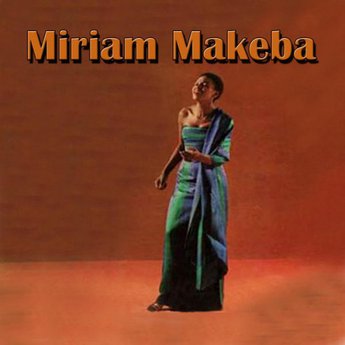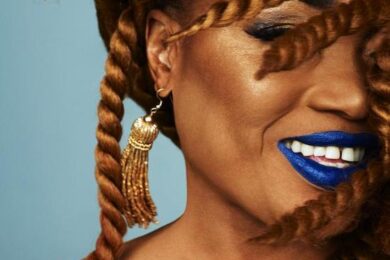2. Miriam MakebaMiriam Makeba

She’s fundamental for me. She used the Bambara language, the language of the Mandinka, so we understood her struggle, I understood her struggle from a young age and I was really inspired to be like her. She was really exemplary, a woman fighting to change things that were unjust in society.
She sang in a group called the Skylarks. You’re known as the ‘The Songbird of Wassoulou’.
Traditionally when Wassoulou women sing we’re referred to as songbirds, because birds are messengers. Before modern communication, telephones and so on, messages were sent using birds. That’s what I was told, that birds were caught, messages were attached to their feet. And they would carry messages of war or of peace to another village, where they would catch the bird and read what was attached to its feet. And singers are like that, we send messages.
In Wassoulou tradition the singers are primarily female aren’t they?
Yes lots of female singers, and it’s the only moment when the woman had a voice to express herself. Lots of injustices were done to women, and they could use the occasions of weddings and baptisms to use their voice, to sing and shout, to denounce things that were wrong in society. And that inspired me a lot, it continues in my music because I think it’s the most effective way of getting messages across, without bloodshed, without upsetting people. They enjoy listening to a beautiful voice, a beautiful melody, and the message is slipped in there, it gets through quickly.


